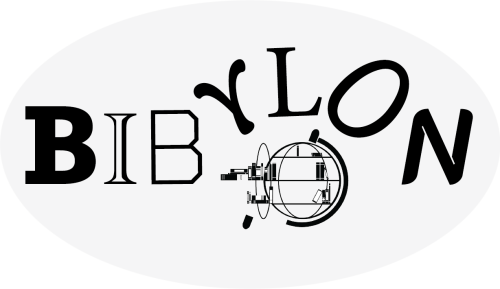Sami Parliament and Minority Languages
Public libraries play an important role in supporting linguistic and cultural diversity in society, but unfortunately there is often misunderstanding or ignorance about how Sami and national minority languages differ from ‘foreign languages’. National minority languages have different difficulties and obstacles and need to be treated as separate issues.
National minority groups have different backgrounds, cultures and histories, but all have a long historical presence in the country. The national minorities and minority languages have been present in the country for a long time, and the languages and culture of the minorities are part of the common cultural heritage. Sweden is not a monolingual country, and never has been.
Sami languages are indigenous languages. Indigenous peoples descend from the populations which inhabited the country, or a geographical region to which the country belongs, at the time of conquest or colonisation or the establishment of present State boundaries. Indigenous peoples are characterized by the desire to preserve, develop and transmit their ethnic identity, culture and social institutions and the use of their traditional habitat to future generations.
Sápmi, the land of the Sami, has never had borders, but Sami languages have been spoken on these lands since time immemorial. Designating them as ‘foreign’ erases the historical and cultural links between indigenous people and their lands. Furthermore, the term ‘foreign’ can have negative connotations of otherness and inferiority, reinforcing power imbalances and perpetuating discrimination against indigenous peoples. It is therefore important to recognize and respect the specificity of indigenous languages and avoid categorizing them as ‘foreign’.
Hanna Karolina Schimmer, librarian Sami library/Sami parliament
Read more about indigenous peoples, languages and legislation:
